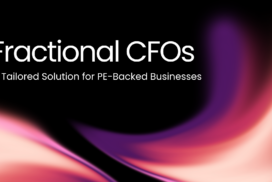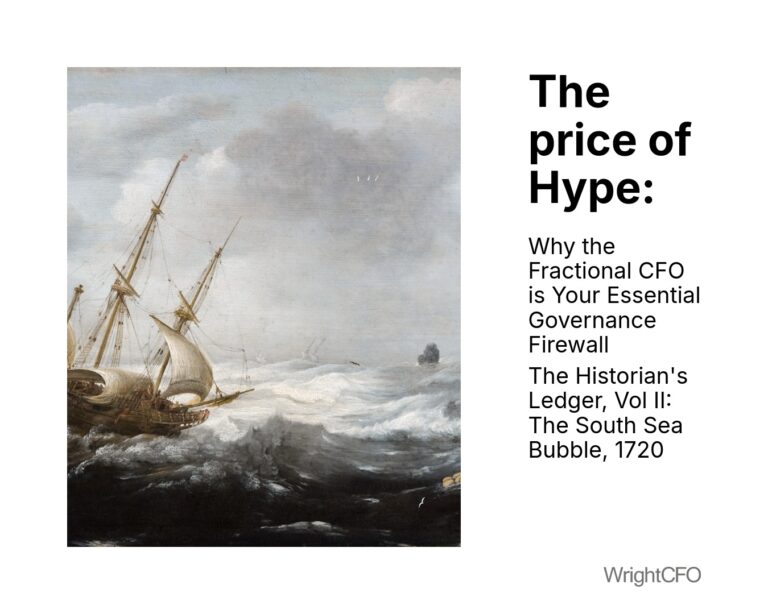Running a Great Board Meeting: A CFO’s Perspective
Board meetings are a cornerstone of effective corporate governance. They provide a platform for strategic discussions, decision-making, and oversight. While the specific agenda and topics may vary, the core purpose remains consistent: to steer the company towards its long-term goals. In this newsletter, we’ll delve into key strategies for running a successful board meeting, with a special emphasis on the invaluable role of a CFO, whether full-time or fractional.
Setting the Stage: Preparation is Key
- Clear Agenda: A well-structured agenda is the backbone of a productive meeting. It should outline key topics, time allocations, and expected outcomes. Circulate the agenda in advance to allow board members to prepare.
- Comprehensive Board Pack: Prepare a comprehensive board pack that includes relevant financial reports, performance metrics, risk assessments, and strategic updates. Ensure it’s clear, concise, and easy to understand.
- Effective Time Management: Allocate specific time slots for each agenda item. Stick to the schedule to avoid unnecessary delays and ensure that all critical topics are addressed.
The CFO’s Role: A Strategic Partner
The CFO plays a pivotal role in board meetings. They bring a unique perspective, financial expertise, and strategic insights. Here’s how a CFO can contribute to a successful meeting:
- Financial Reporting: Present clear and concise financial reports, highlighting key performance indicators (KPIs) and trends.
- Strategic Planning: Participate in discussions on long-term strategic goals and initiatives.
- Risk Management: Identify potential risks and propose mitigation strategies.
- Compliance and Governance: Ensure the company adheres to regulatory requirements and best practices.
- Decision-Making: Provide data-driven insights to inform sound decision-making.
Engaging and Productive Discussions
- Encouraging Participation: Foster an open and inclusive environment where all board members feel comfortable sharing their views.
- Active Listening: Encourage active listening and respectful dialogue.
- Constructive Debate: Stimulate constructive debate by challenging assumptions and seeking alternative perspectives.
- Effective Questioning: Use probing questions to delve deeper into issues and uncover potential challenges.
- Summary and Action Points: Conclude the meeting with a concise summary of key decisions and action items. Assign responsibilities and deadlines to ensure accountability.
Post-Meeting Follow-Up
- Minutes of the Meeting: Prepare detailed minutes of the meeting, capturing key decisions, action items, and discussions.
- Action Item Tracking: Create a system to track the progress of action items and ensure timely completion.
- Continuous Improvement: Regularly review the effectiveness of board meetings and identify areas for improvement.
By following these guidelines and leveraging the expertise of a CFO, you can elevate your board meetings to new heights. A well-run board meeting is not just a formality; it’s a strategic tool that can drive your business forward.
If you’re looking to enhance the effectiveness of your board meetings or need support from a seasoned CFO, consider partnering with WrightCFO. Our team of experienced professionals can provide tailored solutions to meet your specific needs. Contact ustoday to learn more about how we can help you achieve your business goals.










